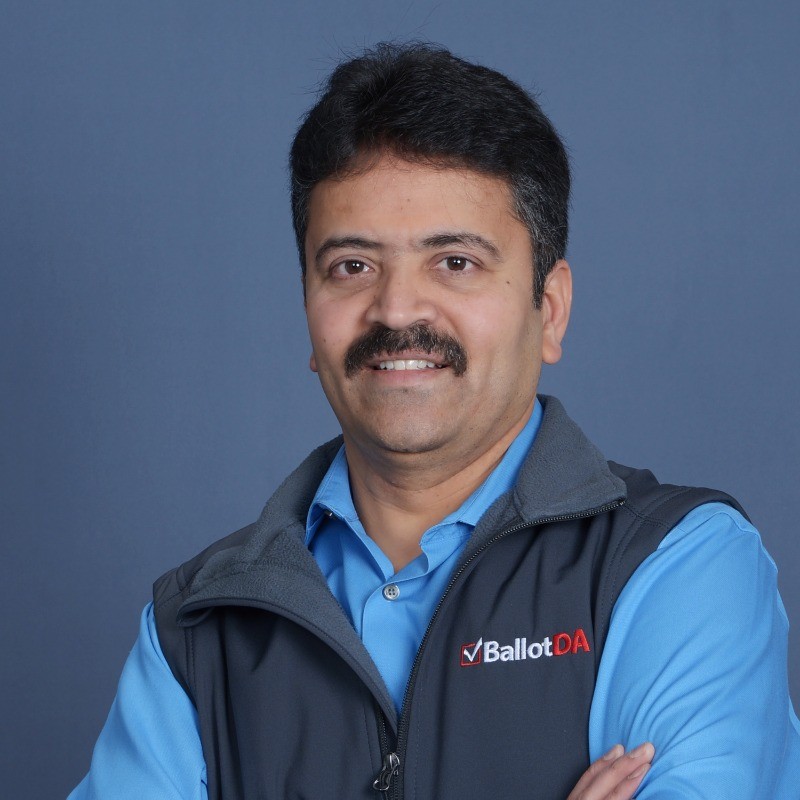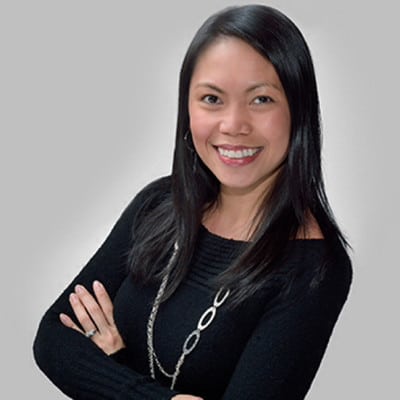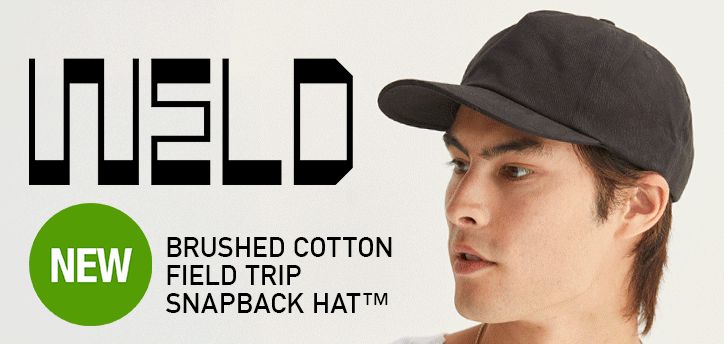Celebrated each May in the U.S. and Canada, Asian American and Pacific Islander Heritage Month is a recognition of the contributions and culture history of more than 20 million Americans.
These cultures comprise thousands of employees working in the promotional products industry, a group that, while seemingly welcomed overwhelmingly, includes some promo pros who have expressed their own challenged feelings of belonging.
To better understand and support the needs of this group, PPAI Media spoke to two members of the Association’s own Diversity, Equity & Inclusion Task Force. Jean Stefanazzi, vice-president of people and culture at Canadian PPAI 100 distributor Genumark, is Filipino, and Suri Anantharama, CTO of technology consulting business services provider Sonline, is of Indian origin. While their heritage is quite different, they share many hopes that industry leaders may consider to strengthen company cultures.
PPAI Media: Thank you both for the time. First, we’re curious how or whether your cultural background has any impact in your experience in the promotional products industry or your larger careers?
Stefanazzi: Within Genumark, whenever we have a client open house or a supplier barbecue, the people that I’ve met are certainly welcoming. Being in HR, you don’t have that much opportunity to participate in the sales, or conferences or events, so to speak. However, through the interactions I’ve had with some suppliers and clients, I haven’t had a negative interaction. So, that’s great.
You do hear about some of the things going on about the anti-Asian hate. But again, I stand by that at least I have been fortunate enough to have positive experiences. I also consider myself very open-minded and assuming of positive intent with everybody I meet. I think my work around DEI has really helped keep it even more open instead of jumping into the conclusion of they’re just ignorant or uneducated.
Ananatharama: I’ve been on the road doing business with county agencies in more than 35 states, which means you have to travel. You have to meet a lot of people. One problem that I have seen is people having to deal with my South Indian accent. That’s one issue, but generally, our outlook is very important.

Suri Anantharama
CTO, Sonline
As Jean said, if we have a positive mindset, when you wake up in the morning, do you see this world as a beautiful world, or is the world filled with a lot of haters that are ready to get me? In reality, that’s not the case. The world is full of nice people. Yes, there are some exceptions. We just need to ignore them or show them the way.
PPAI Media: It should be stated, in any conversation about Asian/Pacific heritages, that this encompasses people whose backgrounds may include more than 70 countries. Have you ever come across any tendency to speak of these groups as a monolith, or what is the leadership-mindful approach to handling some of these cultural differences?
Stefanazzi: Yeah, there are so many differences within that group. I think I go with my presumed positive intent, so it’s also understandable when people do generalize. Because even myself, being of Asian descent, I’m not too versed with all the differences or the conflict or tension within each certain Asian heritage and background, either.
At the end of the day, it’s having that respect, and not generalizing. When stereotypes get in the way, or if the stereotype gets applied across the board, I think that’s where knowing there are differences really matters. You don’t necessarily need to understand it, but making room for it, taking that pause and being like, yeah, there are differences, but I don’t need to know them all.
Anantharama: Don’t worry about where they’re coming from, but in some cases, we have learned the hard lesson. We have one person from Pakistan and another person from India. Putting them on the same team has created problems. We have to be aware of that because it’s like putting someone from Ukraine and Russia together right now. We wish everybody to kind of treat themselves as a global citizen. We belong to the professional group. It’s business, nothing else. I think that’s a way to handle it.
PPAI Media: As companies evaluate their approach to DEI issues, what is the value of cultural recognitions like Asian/Pacific American Heritage Month?
Anantharama: I think these things are very important for two reasons: One, at least they get a chance to share their ideas. That’s definitely a value, and also, it helps people to understand others using a different prism, so to speak.

Jean Stefanazzi
VP, People & Culture, Genumark
Stefanazzi: It’s actually something that we highlight within Genumark. I think it’s important for those who are members within that group – being seen. And for those that might not know a lot more, it’s providing that education or space, and not doing it where it’s mandatory. If you’re curious, here it is. If not, then that’s OK, too.
Anantharama: It’s about buy-in rather than pushing something. As a responsible citizen of a country with different races, I need to work with them.
PPAI Media: What drew you to working with PPAI’s DEI Task Force?
Anantharama: What’s our duty toward the world? This is what I see as DEI. It’s not just talking. It is doing something today, and explaining it.
Stefanazzi: Enjoy is not necessarily the word, but I do believe in the work behind DEIB. I thought it was a good opportunity to be able to lend a hand, but also hear out others’ perspectives and what’s going on in the industry. So, a two-fold purpose.
It’s been enlightening in terms of the different insights, to learn about what else is going on in the industry, especially at a time now when you don’t necessarily know where DEI stands across the board, amidst the whole anti-DEI movement that’s currently going on. It’s been good so far. Again, learning a little bit more about what the industry is going for and hoping to do, and knowing that the industry’s trying to find its footing. There’s a little comfort in knowing that, OK, it’s not just me. It’s not just Genumark. There are others.


